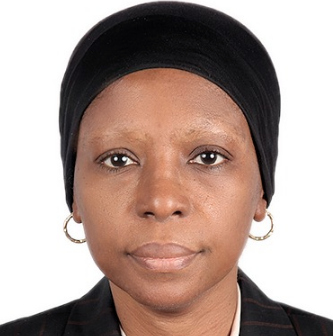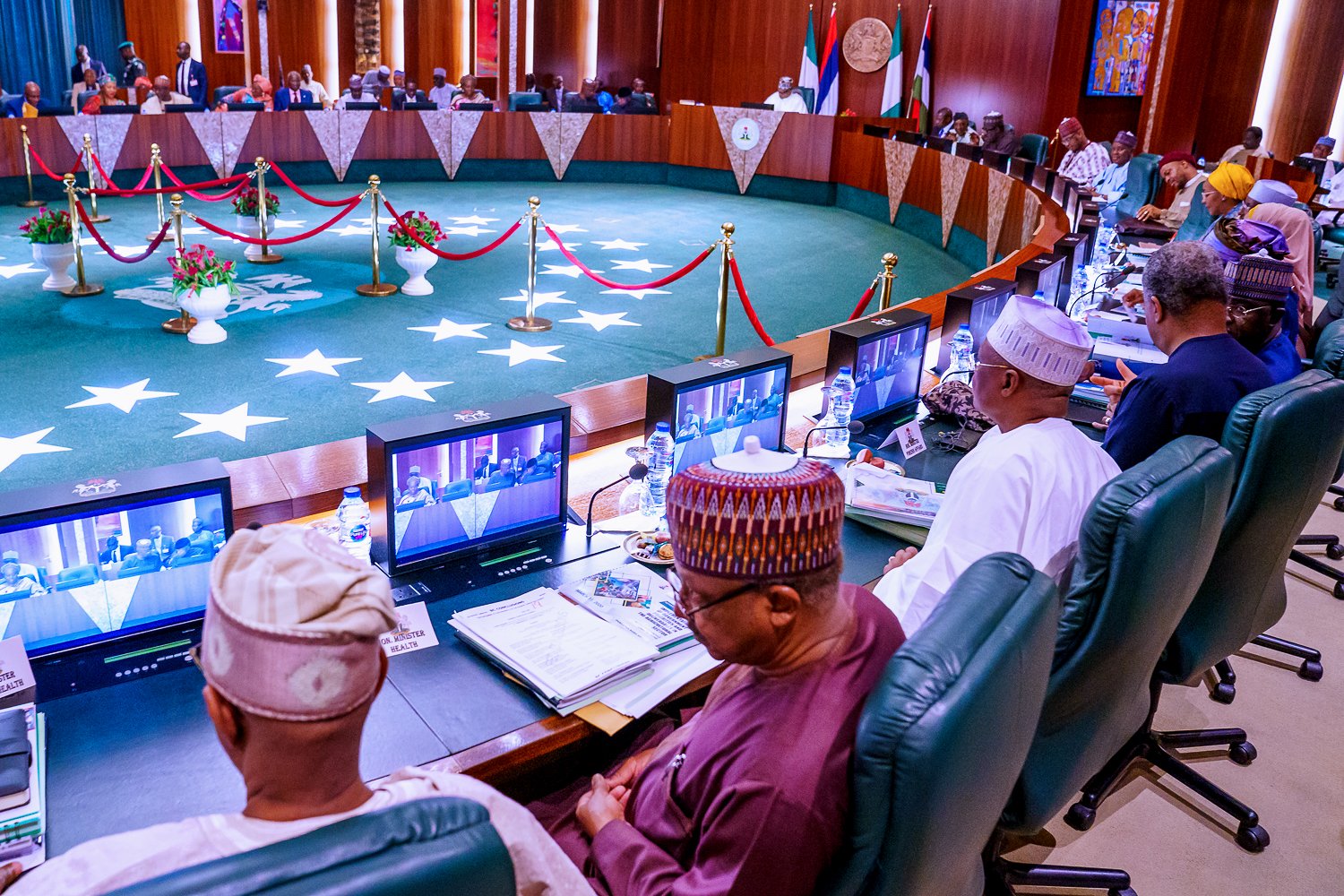Nigerian women are politically and economically marginalised. Political marginalisation though is more entrenched and it is not going away anytime soon. This is largely thanks to the women repelling, toxic and sometimes violent party politics in Nigeria. Gone are the days when National Council for Women Societies and Jam’iyyar Matan Arewa flexed their muscles and the likes of late Hajiya Gambo Sawaba, late Hajiya Laila Dogonyaro and Alhaja Lateefat Okunnu held sway. Today, one will be hard pressed to name such formidable women leaders. For succour, women have to hope for economic empowerment.
Women’s economic empowerment can be defined as the process by which women have equal access to and control of economic resources, and use of the resources to exert increased control over other areas of their lives. This implies, without economic empowerment, women will find it very difficult to exert political influence despite constituting about 51% of Nigeria’s population. No woman has ever been elected Governor of a State in Nigeria or Vice President or President. Presently, women constitute only 4.5% of members of the National Assembly. In terms of women participation in parliament, Nigeria is ranked an embarrassing 180 out of 190 countries by the Interparliamentary Union. Unfortunately, there is nothing to suggest this will significantly improve anytime soon.
The benefits of economic empowerment of women not only accrue to women and their families but also benefit the community and society at large. First, when a woman is economically empowered, she invests more in her children’s education, health and nutrition, which increases the number of highly productive citizens. Household poverty also declines due to the impact of the additional income the economically empowered woman contributes to the household.
Secondly, there is evidence that economic growth is higher and more balanced when women are economically empowered. This is logical, as keeping half of the population economically emasculated necessarily means lower output, compared to when the entire working age population is given the opportunity to participate actively in economic activities. Inequality also declines as more women become economically empowered.
Advertisement
Thirdly, there is evidence in the academic literature and anecdotal evidence to suggest that increase in economic wellbeing of women leads to lower violence against women. An economically empowered woman is also less likely to tolerate and stay in an abusive relationship. Given the negative impact violence has on the direct victims, the women, and the indirect victims, the children, empowering women economically should be one of the preferred tools of reducing violence against women.
If Nigeria is to succeed in reducing poverty and generating higher inclusive growth, the Nigerian Government must take women’s economic empowerment more seriously. There are many ways to improve women’s economic wellbeing and a few are discussed below. The first and most important way to economically empower women is to provide girls with quality education. Education is the single most important instrument of economic empowerment due to the high correlation between poverty and illiteracy. Indeed, no one can thrive in today’s technology driven world without the ability to read and write and quality basic education. Importantly, without quality education women cannot compete favourably in the labour market, thereby, permanently being denied the opportunity to secure good paying jobs. Accordingly, Federal, State and Local Governments should allocate more funds towards strengthening public education and should continue to encourage and incentivise parents to enrol girls in schools.
Girls should also be encouraged and supported to study sciences, especially maths and physics, in secondary schools. There is ample evidence to suggest women are lagging in these subjects. Given the importance of these subjects in the current technology driven era, it is time to get more women to study maths and physics. One way to do this is to introduce further mathematics in girls’ schools and to provide scholarships to girls studying maths and physics.
Advertisement
Another way to economically empower women, especially those without university education, is by providing training and skills development in areas where women have been known to thrive. For example, tailoring, agriculture and catering are areas where women in Nigeria have been traditionally strong. Tailoring and small-scale catering are particularly attractive because women can engage in these activities from their homes. The National Centre for Women Development should be allocated more funding in order for it to properly carry out its role in providing economically empowering training and skills development to women. State Governments should also provide more funding to women skills development centres within their States. Presently, State Ministries of Women Affairs are poorly funded and are usually regarded as a token to keep women quiet. This needs to change, if any meaningful and impactful women’s empowerment is to take place.
Financial institutions and all tiers of Government need to accelerate the process of improving access to financial services for women. Women face greater difficulty in accessing financial services such as opening bank accounts and obtaining loans, which impacts negatively on profitability of women owned businesses. Government programs such as Market, Trader and Farmer Moni should have a specific quota allocated to women, for example, 50% of such loans should go to women. Furthermore, a few banks’ recognising the potential in addressing the gap in providing financial services to women, have begun offering products specifically designed for women. More banks need to make similar efforts in order to deepen financial access for women, given the benefits to the banks, to the women and society at large.
For effectiveness and better impact, women’s economic empowerment programs at the Federal level should be consolidated into no more than three Ministries. Currently, too many Federal Ministries and Agencies are involved in women’s economic empowerment programs. For example, ten Ministries have allocations for women’s economic empowerment in the 2021 budget and that is without taking into account zonal projects by the National Assembly. The result is funds are stretched over too many programs and significant percentage spent on administering the programs and logistics rather than on the program beneficiaries. Consolidating the programs in three Ministries will reduce administrative costs and increase value for money. It will also reduce the number of dodgy programs and enable scaling up of better and more impactful programs.
It is also time to separate women’s and youth’s economic empowerment programs in the Federal Government budget. A large number of Federal Ministries have merged “women’s and youth’s” economic empowerment programs making it difficult to know for sure how many women end up benefiting from the interventions and how much is actually spent on women’s economic empowerment. Importantly, women are distinct and large enough to have a budget line and programs targeted at women exclusively and should thus not to be bundled up with youths.
Advertisement
Women are very active in agriculture, but there is evidence to suggest that women produce less compared to men and are numerated lower than men when employed as part time workers on farms. The reasons for the lower productivity include: women use lower quantity of inputs such as fertilizer and herbicides maybe because they are poorer; cultivate fewer valuable crops; have lower participation in livestock value chains; have lower access to extension services; and have more difficulty in obtaining title to land. Policies that will increase fertilizer use among women and participation in livestock management, perhaps through targeted cash transfers, employment of more women extension workers that will target women farmers and removing impediments to women obtaining title for their farms, will not only improve productivity of women farmers but will also improve their economic wellbeing and that of their community.
Finally, women must rise in unison, with vigour and tenacity to demand for their fair share of economic opportunities. It is ironic that women have become even more marginalised under democratic rule, even though they were at the forefront of the fight for democracy. National Council for Women Societies, Jam’iyyar Matan Arewa and other grassroot women organisations need to go back to the basics of mass mobilisation in order to reinvigorate themselves to fight for women’s economic empowerment, as a starting point for political empowerment. These organisations can start the process by appealing to women farmers and women in tertiary institutions such as universities, colleges of nursing and colleges of education, through scholarships, mentorships and other support. These organisations should also find ways to strengthen themselves financially for the long fight ahead, through, for example, membership dues and crowd funding.
For too long Nigerian women, who make up at least 51% of the population, have been economically and politically marginalised. After much rhetoric with little action, the time to take women’s economic empowerment more seriously is now. Uplifting Nigerian women will make Nigeria soar. Let’s begin.
Advertisement
Views expressed by contributors are strictly personal and not of TheCable.







